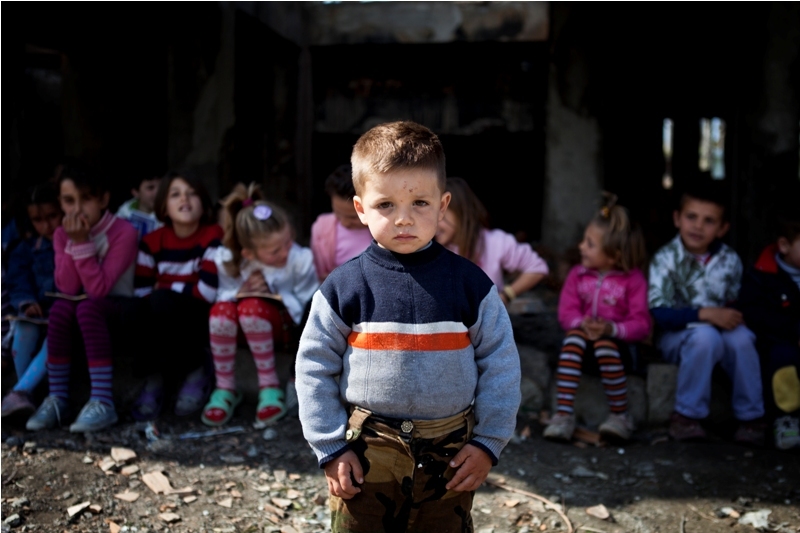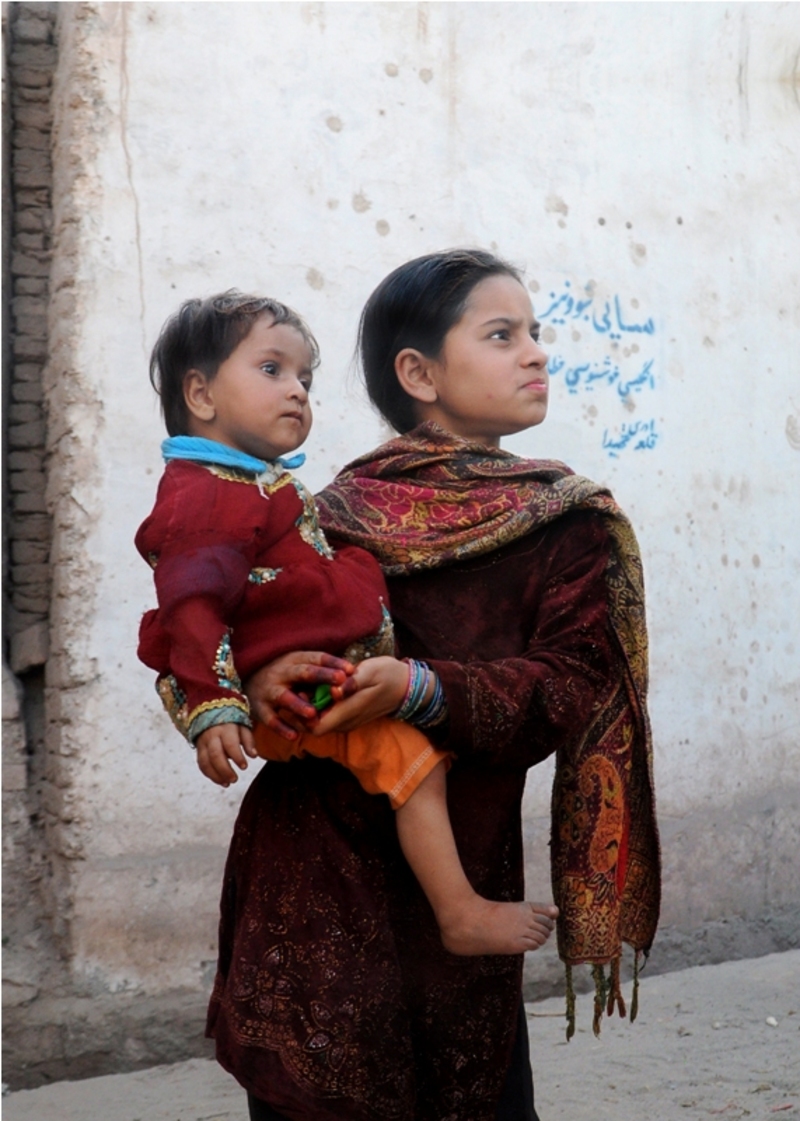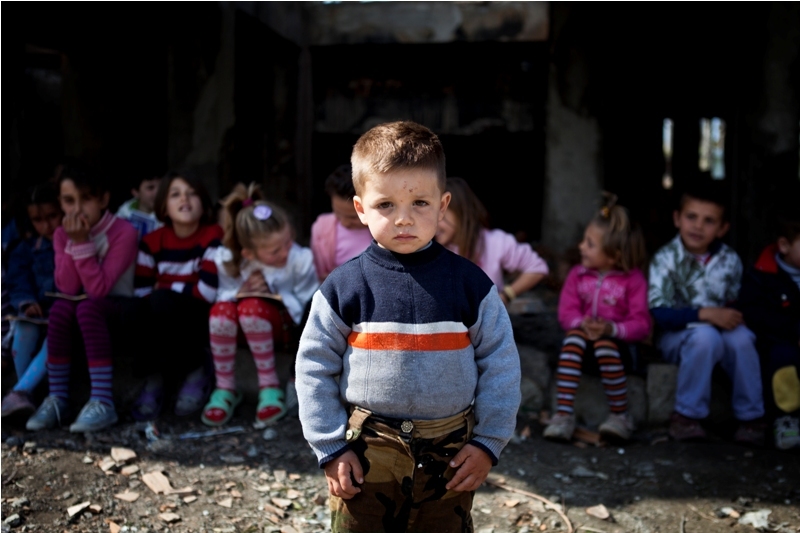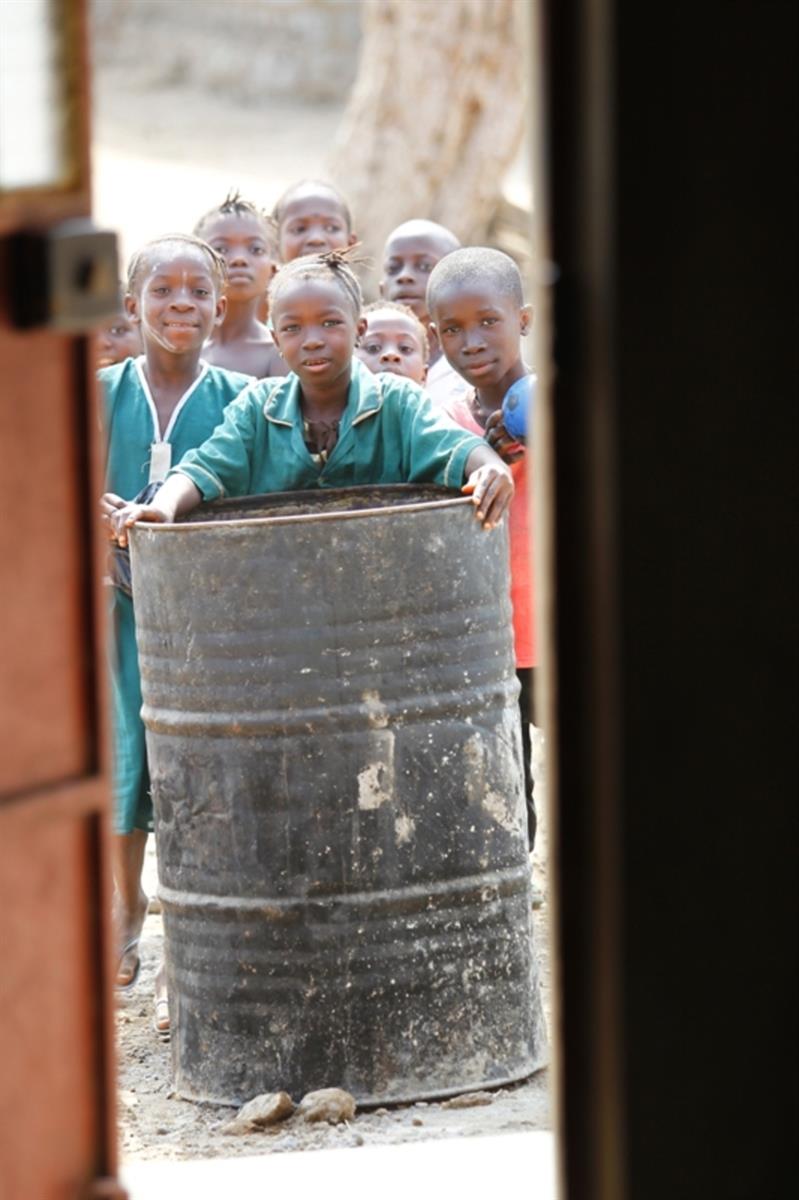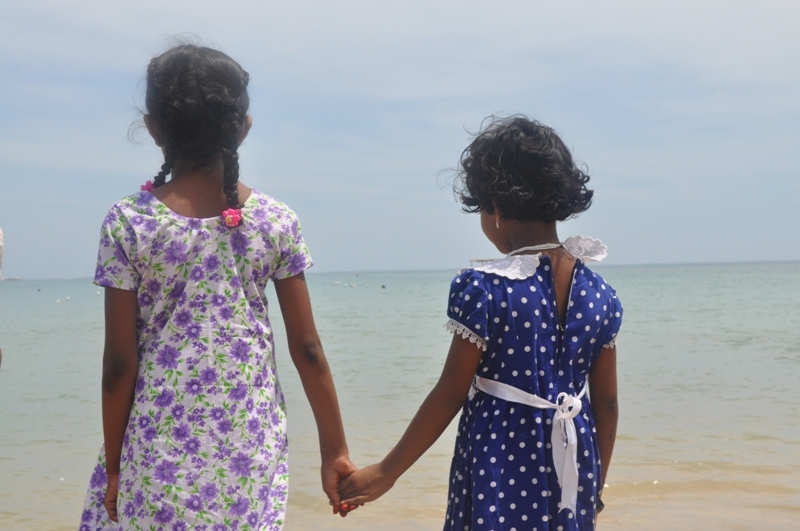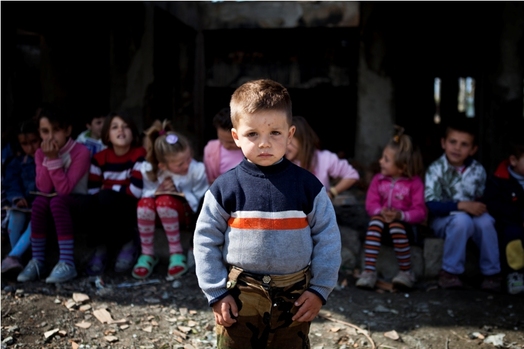
This day has been celebrated by the United Nations since 1989 as “World Child Rights Day” to attract attention to rights violations children face around the globe. The United Nations General Assembly adopted on 20 November 1989 the “Convention on the Rights of the Child” to protect and improve conditions of children striving to survive in regions struck by war and poverty.
Acting by the conviction that children should have needs and rights different from those of adults, the UN aimed to guarantee the rights of the child and forced national states to modify their domestic laws in accordance with the 54-article convention.
The convention, with 193 signatory parties, is the international treaty that has been put into force in the shortest time and holds the title as being the convention with the highest number of signatories. Based on the principle of safe and healthy living conditions for all children regardless of their gender, religion, ethnicity, and social status, the convention sets out irreversible standards and responsibilities agreed upon at international platforms. The UN Committee on the Rights of the Child was set up to monitor that signatory states make necessary changes and modifications in their national laws as per the convention, and to publish compliance reports once every five years.
World children
According to reports by Amnesty International, child abuse is rife in countries with frequent cases of pornography, violence and other illegal activities. The statistics show worldwide there are around 250 million child laborers aged 5 to 14, while millions of children aged 12 to 17 have no access to schooling. Today there are about 165 million orphan children around the globe and every day 22,000 children die of treatable diseases before reaching the age of five, the UN Children’s Fund (UNICEF) says.
According to the UN Committee on the Rights of the Child, among the signatories of the convention that submitted reports to the UN, only 14 out of 43 countries aligned their national laws with the requirements of the treaty, while the other countries either enacted new or similar laws to comply with the treaty or preferred to inform children about their rights instead of modifying their domestic laws.
Despite the convention and the committee set up to monitor compliance with the convention, today children still constitute the portion of the society most vulnerable to abuse.
This year November 20, which has been celebrated by the United Nations since 1989 as “World Child Rights Day” to attract attention to rights violations children face around the globe, was marked with child massacres in Gaza, Syria, and Arakan.
Today the United Nations, which aimed to guarantee the rights of the child and forced national states to modify their domestic laws in accordance with the 54-article convention that was signed by 193 countries in 1989, is unfortunately remaining silent in the face of massacres and child deaths occurring in Gaza, Syria, and Arakan.
Promising developments
IHH Humanitarian Relief Foundation is supporting orphan children in 56 countries with Sponsor Family System. The foundation aims to protect children who went through war and natural disaster, and carries out activities to assist them until they have become self-sufficient. IHH, which is meeting education and housing needs of children by building orphanages and schools, conducts projects to help orphan children grow up in a safe environment without being removed from their homeland and culture. IHH cares for 70 thousand orphans around the world as of November 2015.
Please click here for online donation and to sponsor orphans in Turkey and around the world
Please click here to see account numbers

